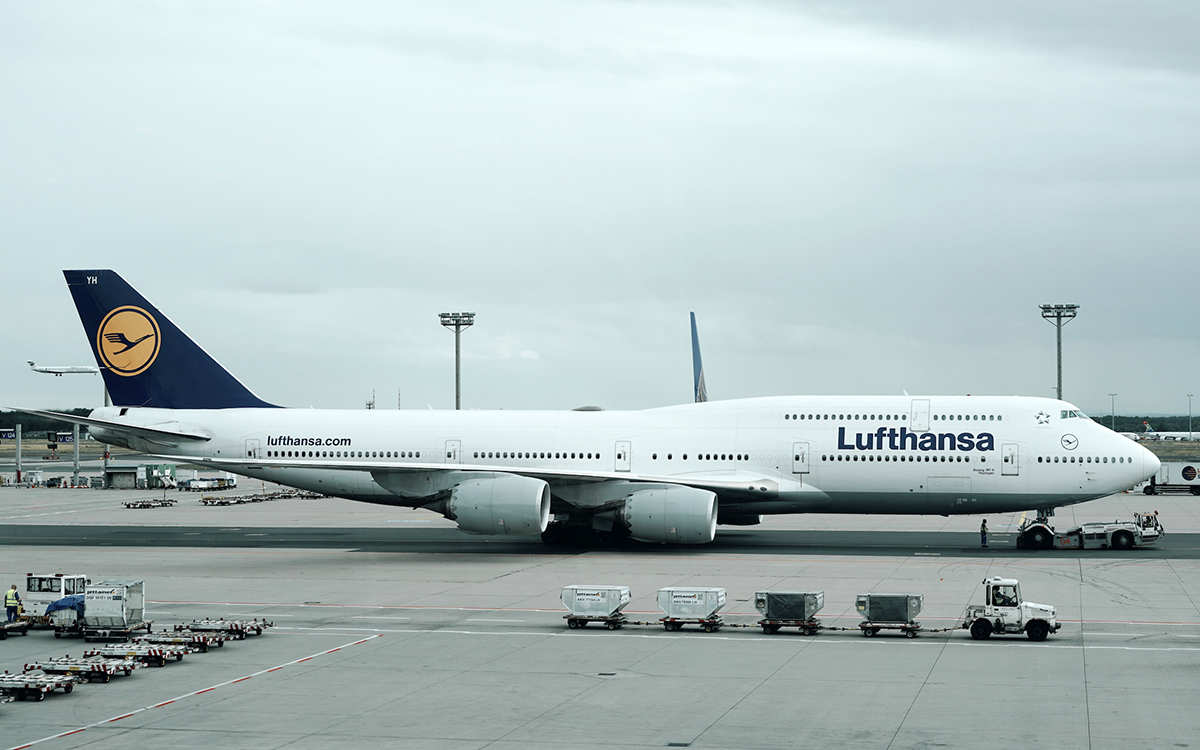Flygskam has officially reached Germany. The Swedish movement, which translates to “flight shame,” has already had a massive impact in its origin country — 37 percent of Swedes say they now train instead of fly, whenever possible — and is now influencing large-scale governmental policy. It’s a cornerstone of Chancellor Angela Merkel’s new climate action laws in Germany, which feature “climate taxes” on air travel.
The regulations will roll out in April of next year, and are largely geared at short-haul domestic and European flights. There will soon be a $14.33 tax on such flights, a whopping increase of 75 percent. There will be taxes on longer flights too, with a 40 percent increase on mid-haul and long-haul flights, leading to taxes of $36.58 and $65.86, respectively.
Germany’s goal here is two-fold: A) discourage travelers from flying and B) pump the excess change gathered from those who do into a variety of green projects. As part of the initiative, taxes on long-distance train tickets will be lowered to seven percent. Merkel’s basically trying to make the commuting decision a little easier for everyone involved, from a cost and conscience perspective. The flight tax, which is expected to raise revenue by $820 million, will be used to make up for value loss on the railroads, and to help fund projects like wind turbines, or the greening of facilities across the country.
From a business perspective, these measures should harm low-cost carriers that operate in Germany. That tax will become a huge part of the total fare. Ryanair is reportedly unhappy, and has pointed out that this plan doesn’t directly reduce CO2 emissions. That’s true. It does, however, make contributing to those emissions a little costlier than usual.
Subscribe here for our free daily newsletter.
Thanks for reading InsideHook. Sign up for our daily newsletter and be in the know.



















